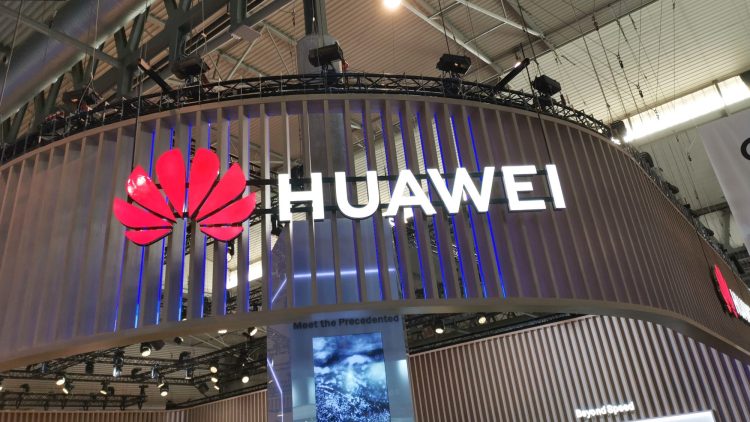testsetset
Huawei’s fortunes have gone from bad to worse, as news emerged last night that Google will stop providing the company with support for Android and Google services. The move was made in response to a U.S. order restricting companies’ ability to trade with Huawei due to security concerns.
The upshot of this is that Huawei won’t be able to use Google’s brand of Android on future devices, limiting the Chinese company to the basic open source Android. The impact on existing Huawei handset owners should be minimal, as they will still be able to access Google Play services and apps; however, the move could have big ramifications for the future of Huawei’s consumer business.
“We are complying with the order and reviewing the implications,” Google said in a statement. “For users of our services, Google Play and the security protections from Google Play Protect will continue to function on existing Huawei devices.”
The U.S. has over the past 18 months been stepping up its push against Huawei, which so far has included preventing carriers from selling its mobile devices and lobbying allies to join in banning Huawei’s networking equipment. Last week, the U.S. Commerce Department added Huawei and 70 affiliates to an “entity list” — essentially a trade blacklist.
June 5th: The AI Audit in NYC
Join us next week in NYC to engage with top executive leaders, delving into strategies for auditing AI models to ensure fairness, optimal performance, and ethical compliance across diverse organizations. Secure your attendance for this exclusive invite-only event.
While this means Huawei will be limited in terms of buying crucial hardware components from the likes of Intel, Qualcomm, and Broadcom (and possibly chipmakers elsewhere, according to some reports), news that Google will restrict core Android services and features is arguably more notable, given the immediate ramifications this has for Huawei and its sub-brand Honor. Indeed, Huawei is gearing up to launch its latest flagship Honor devices tomorrow, and although the phones are already Google-certified and therefore won’t be directly impacted, consumers may think twice before shelling out $600 for a brand with an uncertain future. Moreover, Huawei will probably lose early access to future Android version updates, which could mean a longer delay for customers waiting for new Android features.
In a statement issued to VentureBeat, a Huawei spokesperson sought to reassure customers of the company’s intention to continue supporting all “existing” smartphones and tablets. The statement didn’t mention future devices, though.
Huawei has made substantial contributions to the development and growth of Android around the world. As one of Android’s key global partners, we have worked closely with their open source platform to develop an ecosystem that has benefited both users and the industry.
Huawei will continue to provide security updates and after-sales services to all existing Huawei and Honor smartphone and tablet products, covering those that have been sold and that are still in stock globally.
We will continue to build a safe and sustainable software ecosystem, in order to provide the best experience for all users globally.
Wake-up call
Though Huawei phones aren’t officially available to buy in the U.S., this restriction hasn’t hampered their growth elsewhere. The company claimed smartphone shipments jumped by a third in 2018 to over 200 million units, and it could soon usurp Samsung as the world’s biggest mobile phone maker. But make no mistake: Google limiting Android on Huawei devices is a major development, one that could send the smartphone industry in a number of fragmented directions.
Huawei gave no indication of how it plans to circumvent the Android obstacle for future devices, but the reality is that it may have to start building its own “forked” version of Android for international markets, similar to what Amazon ships with its Fire tablets. This will mean making its own app store — AppGallery — the default option on Huawei devices, which may lose access to popular Google apps, such as Maps, YouTube, Gmail, and more. Indeed, Huawei’s big challenge moving forward will be continuing its global growth without relying on Google.
But perhaps the most important thing in all of this is that the decision doesn’t bode well for other Chinese smartphone makers that rely on Google’s flavor of Android to sell phones. For now, the ban is limited to Huawei, but any number of future scenarios could lead the U.S. to target other smartphone makers — regardless of whether they develop networking infrastructure or not.
Huawei’s situation should serve as a general wake-up call. Don’t be surprised if this latest development leads to a shift away from Google Play Services to a system and infrastructure that phone makers themselves control. That won’t be easy to pull off, however, as consumers have come to rely on Google’s services.


